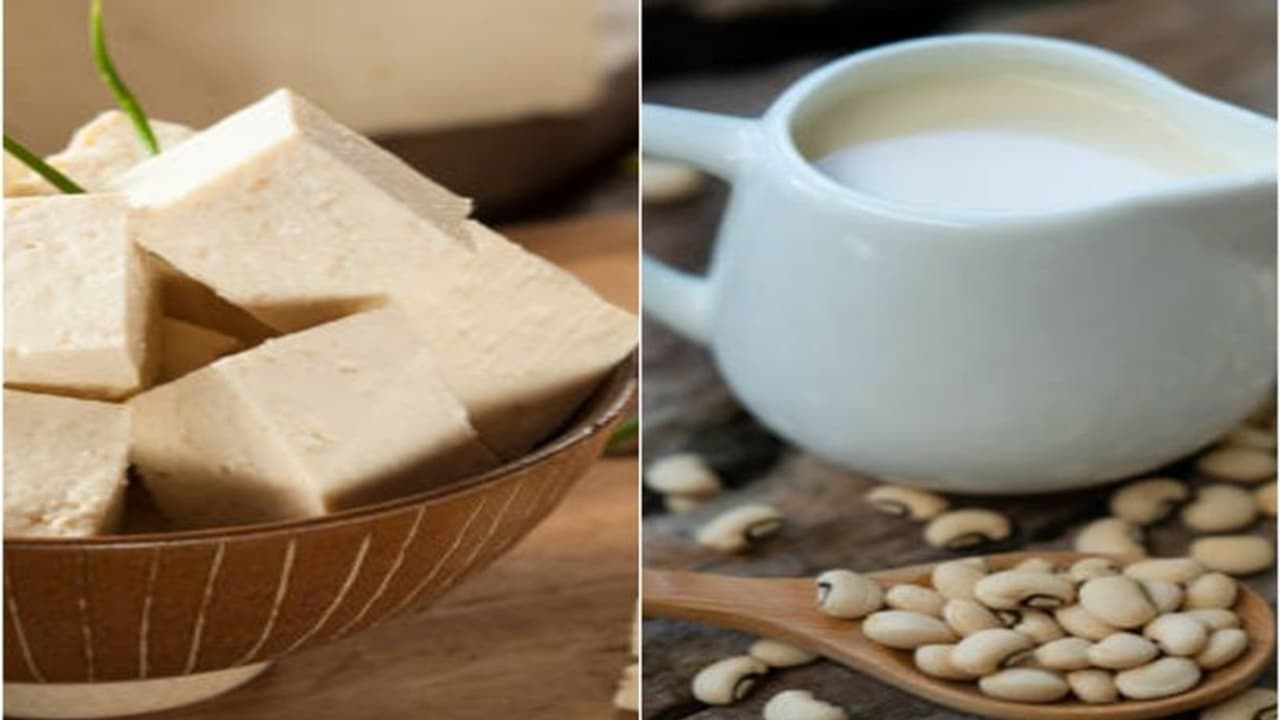A significant concern regarding vegetarian and vegan diets is that they may be deficient in protein. Vegans can obtain protein from a variety of plant sources, although some may be superior to others. Here's a list of several plant-based foods.
The vegan diet has been linked to multiple health benefits, including increased nutritional intake, weight loss, and a lower risk of developing various health issues. Many experts believe that a well-planned meatless diet can contain all of the nutrients you require, including protein.
Certain plant foods, however, contain much more protein than others, and evidence suggests that higher-protein diets can improve muscle strength, satiety, and weight loss.
Poorly designed or heavily processed vegan meals may raise your risk of developing nutrient deficiencies, particularly in vitamin B12, iodine, iron, calcium, zinc, and omega-3s.
These seven plant foods have a high protein content per serving:
1. Tofu: Tofu is made from soybeans, which are a complete source of protein, providing your body with all of the important amino acids it requires. Tofu and tempeh are becoming more popular forms of plant-based protein. Regardless of whether you are vegetarian, they can be healthy additions to your diet.
2. Seitan: Seitan is a common protein source among vegetarians and vegans. Unlike many soy-based imitation meats, it has a meat-like appearance and texture when cooked.
Also known as wheat meat or wheat gluten, it provides around 25 grams (g) of protein per 100 grams, making it one of the most protein-dense plant sources accessible.
3. Hemp seeds: Hemp seeds are derived from the Cannabis sativa plant, which is sometimes derided because it belongs to the same family as the cannabis plant.
However, hemp seeds contain trace levels of tetrahydrocannabinol (THC), the chemical responsible for cannabis' euphoric effects.
4. Beans: Kidney, black, pinto, and most other types of beans are incredibly essential staple foods in many countries and offer a high protein content per serving. It also includes chickpeas. The majority of beans contain approximately 15 g of protein per cooked cup (170 g). They're also high in complex carbohydrates, fiber, iron, folate, phosphorus, potassium, manganese, and other important plant chemicals.
5. Spirulina: This blue-green algae is undoubtedly a nutritional powerhouse. Spirulina also contains significant levels of magnesium, riboflavin, manganese, and potassium, as well as trace amounts of most other minerals your body requires, such as important fatty acids.
6. Amaranth and quinoa: Though amaranth and quinoa are commonly referred to as ancient or gluten-free grains, they do not originate from grasses like other cereal grains. Because of this, they are classified as pseudocereals.
7. Soy milk: Soy milk is derived from soybeans and is often supplemented with vitamins and minerals. Not only does it provide 6 g of protein per cup (244 g), but it is also an excellent source of calcium, vitamin D, and vitamin B12.
